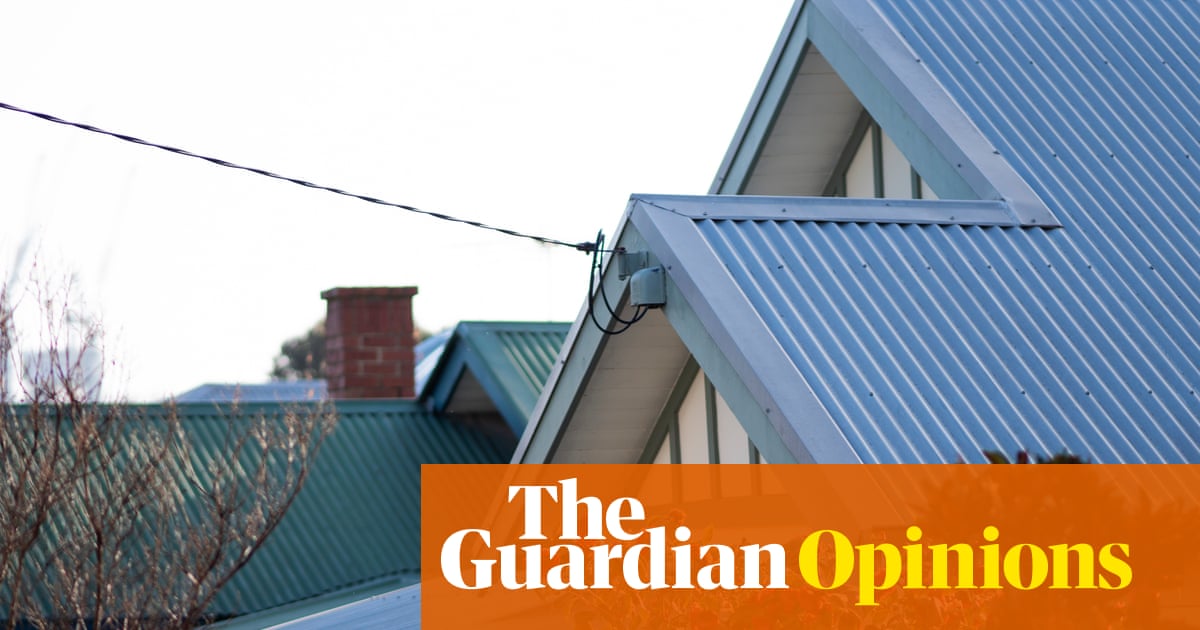Think your home is financially efficient? Think again. The average household bleeds thousands yearly through invisible leaks—from mismanaged subscriptions to energy vampires. These silent wealth-drainers are hiding in plain sight.

Your House Might Be Stealing Your Money (And You Don't Even Know It)
Look, we need to talk about your house. That cozy place you call home? It might be picking your pocket right now. Not in a dramatic, break-the-bank kind of way—we're talking about those sneaky little expenses that add up when you're not looking. And trust me, they're costing you thousands.
Here's what drives me crazy: Most folks obsess over their mortgage payments (as they should) but completely miss the financial equivalent of leaving all their windows open with the AC blasting. Let's fix that, shall we?
The Energy Vampires in Your Home
You know that slightly chilly spot near your window that you've been throwing an extra blanket over? That draft isn't just making your morning coffee time less cozy—it's literally sucking money out of your wallet. The Department of Energy (not exactly known for dramatic flair) says the average household is basically setting fire to $350-500 a year just through basic energy inefficiencies. That's a weekend getaway you're giving away for free!
And don't get me started on water heaters. That ancient tank in your basement running at full blast? It's probably using 30% more energy than necessary. It's like paying for three cups of coffee but only drinking two—every single day.
The "I'll Fix It Later" Money Pit
Remember that tiny drip under your kitchen sink that you've been meaning to fix? (Come on, we've all been there.) That innocent-looking drip can waste up to 10,000 gallons of water annually. But here's the real kicker—it's creating the perfect spa environment for mold. And trust me, mold removal costs make that plumber's bill look like pocket change.
The Subscription Circus
Let's talk about the elephant in the room: subscription creep. How many streaming services are you actually paying for right now? Go ahead, count them. I'll wait.
Studies show that 84% of us (yes, that includes me) underestimate our monthly subscription spending by at least $100. We're all walking around thinking we're spending "about $40" on subscriptions when the real number is closer to $140. Yikes.
Insurance: The "Set It and Forget It" Mistake
Here's a fun fact that insurance companies hope you never discover: Most households could slash their insurance costs by 15-20% just by doing a little homework. But we're all too busy binge-watching that new show on the streaming service we forgot we had, right?
Smart Fixes That Actually Pay Off
Now, I'm not about to suggest you start taking cold showers or reading by candlelight. Instead, let's talk about changes that actually make sense:
For the Energy Vampires:
A programmable thermostat pays for itself faster than that fancy coffee maker you bought last Black Friday. LED bulbs? They're like printing money, just slower and totally legal. And proper insulation? It's the financial equivalent of finding money in your coat pocket—every single month.
For the Maintenance Headaches:
Regular HVAC tune-ups might not be exciting, but neither is throwing away $300 a year on inefficient heating and cooling. Water leak detectors are cheaper than water damage repair (trust me on this one). And a simple maintenance calendar can extend your appliances' life by up to 50%. That's like getting an extra decade out of your dishwasher just for being organized.
The Tech That's Actually Worth It
Look, I love a good gadget as much as anyone, but let's be smart about this. A good smart thermostat can cut your energy bills by 10-12%. That's real money, not just tech bragging rights. Water sensors? They're like having a very vigilant plumber living in your walls, minus the awkward small talk.
Where to Start (Without Losing Your Mind)
Start with one thing. Just one. Maybe it's finally fixing that drafty window, or doing a subscription audit (pour yourself a drink first—you'll need it when you see the total). The point is, you don't have to do everything at once.
Here's the real deal: A measly 5% reduction in your monthly household expenses, properly invested, can grow into more than $100,000 over 20 years. That's a lot of lattes, vacations, or whatever else makes you happy.
Bottom Line
Your home should be building your wealth, not draining it. Every dollar you save on unnecessary expenses is a dollar you can spend on something you actually care about. So start hunting down those money leaks. Future you will be seriously impressed—and probably a lot richer.
And remember, you don't have to become a home improvement expert or an extreme couponer. You just need to be smarter than your house. Trust me, it's not that hard—houses aren't known for their intelligence.